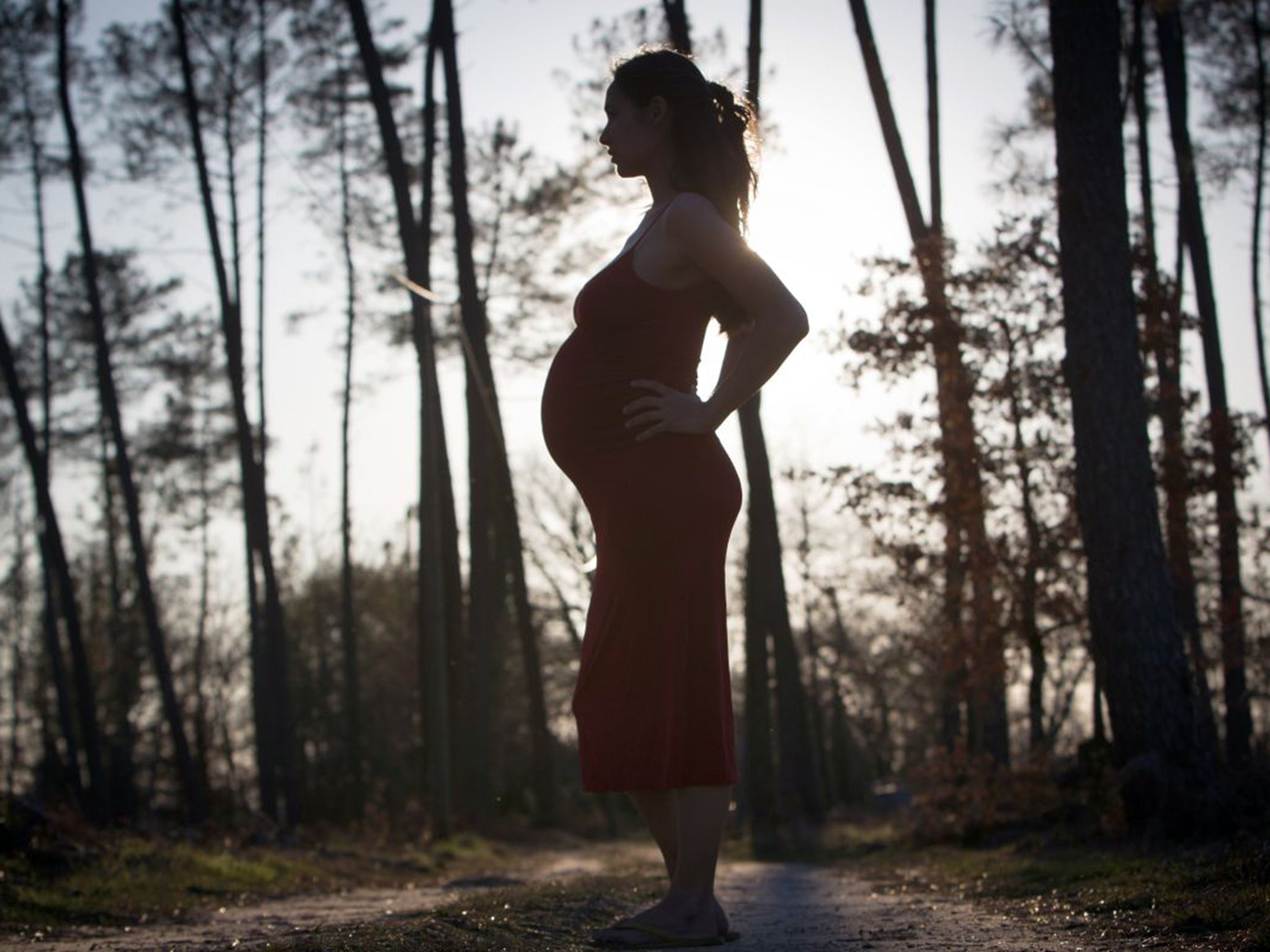People start ageing even before birth, study finds
'Our study suggests that the ageing clock begins ticking even before we are born and enter this world'

The level of oxygen given to pregnant rats dictated the rate at which their offspring aged as adults, in a study using rats to model foetal development. Female rats with lower levels of oxygen in the womb – which, in humans, can be a consequence of smoking during pregnancy or of pregnancy at high altitude – gave birth to offspring that aged more quickly in adulthood.
The scientists concluded that giving pregnant women antioxidants would probably prevent or delay some types of cell damage and allow their children to age more slowly in adulthood.
An international team led by the University of Cambridge measured the length of telomeres in blood vessels of adult laboratory rats born from mothers who were, or were not, fed antioxidants during normal or complicated pregnancy. Telomeres are the caps at the end of each strand of DNA that protect our chromosomes, like the plastic tips at the end of shoelaces, and an essential part of human cells that affect how our cells age.
In the study, funded by the British Heart Foundation (BHF) and published last week in The FASEB Journal, the team found that adult rats born from mothers who had less oxygen during pregnancy had shorter telomeres than rats born after uncomplicated pregnancies.
They also experienced problems with the inner lining of their blood vessels – signs that they had aged more quickly and were predisposed to developing heart disease earlier than normal. However, when pregnant mothers in this group were given antioxidant supplements, this lowered the risk of their offspring developing heart disease.
Even the offspring born after uncomplicated pregnancies – when the foetus had received appropriate levels of oxygen – benefited from a maternal diet of antioxidants, with longer telomeres than those rats whose mothers did not receive the antioxidant supplements during pregnancy.
The study’s senior author, Professor Dino Giussani from the Department of Physiology Development and Neuroscience at Cambridge, said: “Our study suggests that the ageing clock begins ticking even before we are born and enter this world.”
Subscribe to Independent Premium to bookmark this article
Want to bookmark your favourite articles and stories to read or reference later? Start your Independent Premium subscription today.

Join our commenting forum
Join thought-provoking conversations, follow other Independent readers and see their replies